How do humanitarian aid workers think and act?
This work focuses on how humanitarian organisations operate, including their members, affiliations, messages, practices and cultures. Aid to refugee, displaced, deported, exiled and interned populations plays a central role in humanitarian action both now and in the past. What types of aid are provided to internees and displaced persons? What kinds of obstacles and dilemmas does it face? What sorts of practical, political and ethical questions are raised by the participation of humanitarian organisations in population displacement and internment policies?
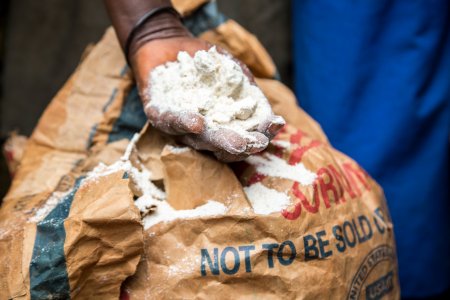 Louise Annaud
Cahier
Louise Annaud
Cahier
Food aid and the politics of numbers in Ethiopia
05/15/2008This study sheds light on the mechanisms producing the official data used by humanitarian aid decision makers. It views Early Warning Systems (EWS) as tools that facilitate consensus between the decision-makers involved in the allocation of food aid, enabling them to reach institutional agreements.
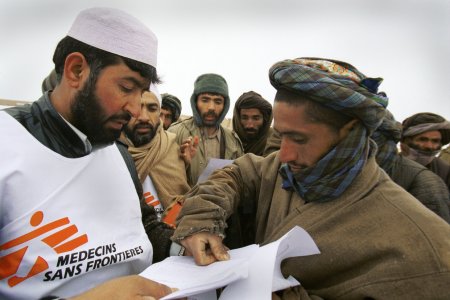 Tim Dirven
Cahier
Tim Dirven
Cahier
MSF and protection: pending or closed?
04/01/2008To embark upon a study of this theme is to enter a field strewn with contradictory representations linked to a highly sensitive issue – the limits of our responsibility – that has generated endless disagreements and debates on our “identity” and the existence or nonexistence of a role for MSF “beyond care”.
 Juan Carlos Tomasi
Opinion
Juan Carlos Tomasi
Opinion
Independence and Innovation, Look beyond the Magic of Words
03/01/2008Though independence and innovation are both highly valued concepts, Xavier Crombé questions in this article - thanks to MSF's experiences in Niger in 2005 - the possible interactions between them.
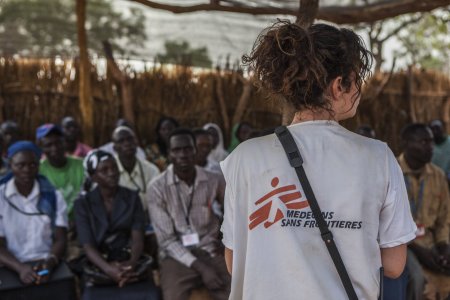 Yann Libessart
Cahier
Yann Libessart
Cahier
Humanitarian action in situations of occupation
01/01/2007This Cahier du CRASH by Xavier Crombé combines a study of the experience and positions of MSF vis-à-vis occupation contexts since the 1980s, and the minutes of a talk organised by the 'Fondation MSF' in January 2006 on "Humanitarian action in situations of occupation".
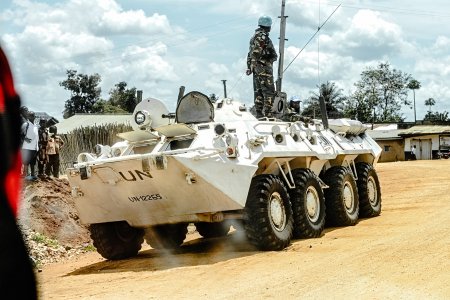 Helmut Wachter
Analysis
Helmut Wachter
Analysis
Independance and security
12/05/2006MSF is an independent organisation that carefully protects its autonomy. In this article, Xavier Crombé draws the connection between this founding principle and the issue of security for humanitarian actors.
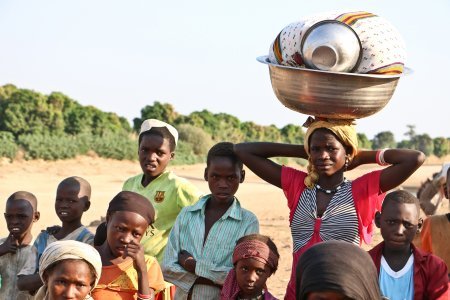 Analysis
Analysis
Dangerous liaisons: bearing witness and political propaganda
10/01/2006All observers agree that in many respects, the Biafran War of 1967-70 was the founding event of the modern humanitarian aid movement. First, it was the scene of the first large-scale action by private aid groups and the Red Cross in a post-colonial world.
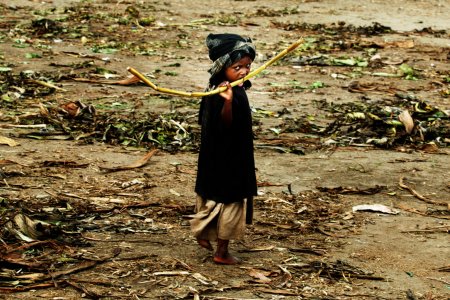 Juan Carlos Tomasi
Analysis
Juan Carlos Tomasi
Analysis
The Food Emergency in Ethiopia: What the Drought Conceals
03/01/2003Fabrice Weissman highlights the political factors at work behind the threat of famine - which, though very real, cannot be fully explained by natural causes - and casts a critical eye on the relief system, as well.
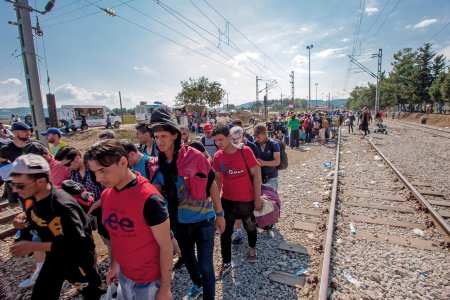 Borja Ruiz Rodriguez
Opinion
Borja Ruiz Rodriguez
Opinion
Codes of conduct: whose interests do they serve?
01/01/2003As the USA announces its decision to suspend food aid to North Korea - one of the largest beneficiaries of global food aid - Fiona Terry reveals the true political issues behind the decision, and reminds us of how "humanitarian" assistance is used to bolster one of the planet's most oppressive regimes.
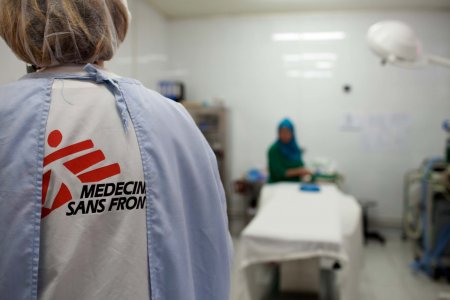 Amador Gullar
Opinion
Amador Gullar
Opinion
Humanitarian action victim of its own success
01/01/2003The international aid regime tends to exaggerate changes over the last decade in the nature of so-called humanitarian crises. Neither violence perpetrated against civilian populations nor the dilemmas posed to aid organisations attempting to assist them have worsened since the end of the Cold War.
